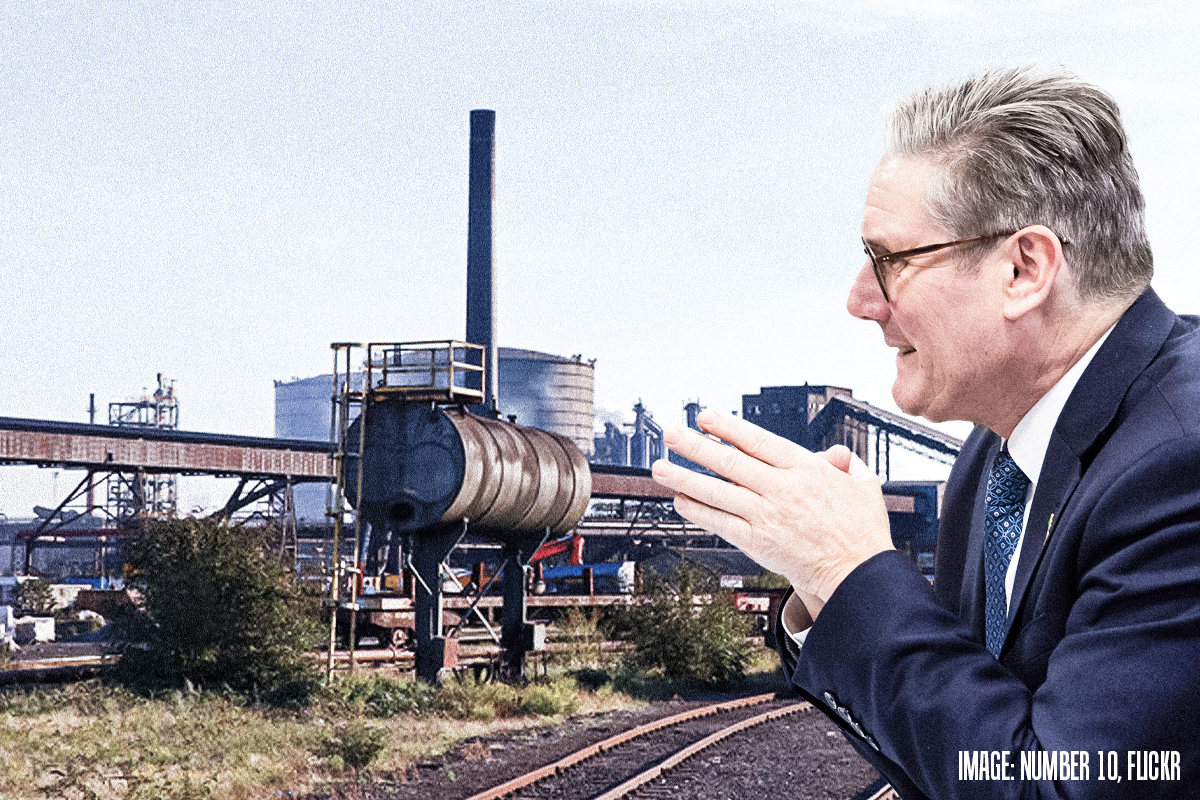A tanker drivers’ strike at a major Scottish oil refinery is set to continue into a second week. More than 40 drivers walked out on Friday 22nd February in a dispute over pay and pensions. Now a new four-day strike is set to begin on 1st March after negotiations failed.
A tanker drivers’ strike at a major Scottish oil refinery is set to continue into a second week. More than 40 drivers walked out on Friday 22nd February in a dispute over pay and pensions. Now a new four-day strike is set to begin on 1st March after negotiations failed.
The union Unite claimed the industrial action would hit aviation supplies and deliveries to BP forecourts across Scotland and the north-east of England.
The dispute began when British Petroleum switched an aviation contract to German courier DHL. The move would see two-thirds of the drivers lose at least £1,400 a year in wages and one-third of retired drivers lose £13,000 from their pension pot.
Unite, which represents the striking workers, said 90% of the 42 tanker drivers balloted had voted for strike action. Staff staged the strike outside the main gates of BP’s Grangemouth refinery in Falkirk. They said the action was a success and no tankers had left the refinery. Drivers also began a work-to-rule on the Monday morning following the walkout.
The round-the-clock strike was handled by three teams of more than a dozen drivers following their own shift pattern. Despite the protest being peaceful, they were watched by a dozen police due to the high security rating of the site. On a normal day up to 10 million litres of fuel would pass through the gates.
The union’s regional industrial officer Tony Trench said: “It’s an outrage that BP, a multinational giant which earns billions every year, is exploiting the UK’s weak employment laws to swindle workers out of their retirement savings and future earnings.”
A BP spokesman said: “Our priority remains the safe delivery of fuel products to all our customers. We have been working to, and continue to work to, minimise any potential disruption the industrial action planned for this weekend at Grangemouth could cause.”
A spokesman for Grangemouth’s owner, Ineos, claimed that business would continue as normal. He said: “We are aware that the Unite union has completed a ballot of tanker drivers based in Grangemouth employed by one company, with the outcome being a mandate for industrial action.
“This is a dispute between a fuel distribution employer and their employees. The Grangemouth site does not employ any drivers directly or indirectly to deliver fuel.”
The Scottish government said it was unaware of any danger of fuel shortages.
The threatened strike action by fuel drivers across the UK last year sent shivers down the spines of the coalition government and demonstrated the potential power of the trade union movement and the organised working class. It is up to the leaders of the labour movement to utilise this potential and turn it into a real force, capable of transforming society along socialist lines.






